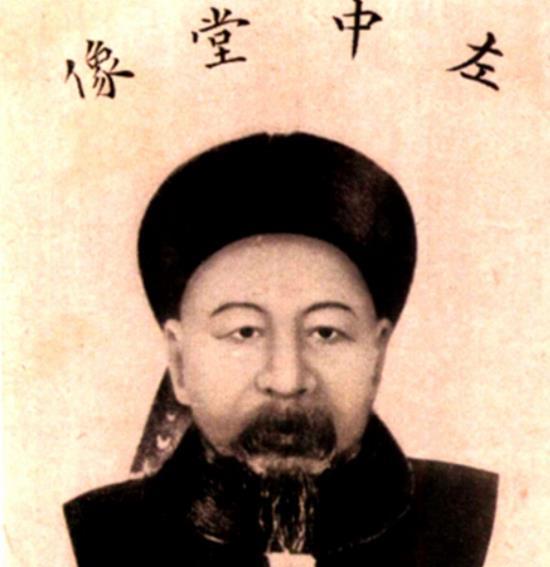Zuo Zongtang and Li Hongzhang are two completely different kinds of people, and whether the treaty is signed or not depends on the nature of the treaty.
(1) Zuo Zongtang will sign a treaty of a non-territorial nature, he is not blindly fighting, he has a very clear "bottom line mentality" to take the "Ili issue" as an example, if Tsarist Russia agrees to Zuo Zongtang's request, he will sign an agreement at all
For example, on the "Ili issue," Zuo Zongtang held that if Tsarist Russia agreed to withdraw from Chinese territory in 1863; if commerce was bounded by Jiayu Pass and "outside the Customs" did not enter, China and Russia could sign a "peaceful" treaty.
Zuo Zongtang did not reject the peace talks between the Qing court and Tsarist Russia, and affirmed several times that his "bottom line" was used as the basis for negotiations, and the Qing court also recognized this. However, Chonghou consulted with some people (the Qing court asked Chonghou to go to Zuo Zongtang, and Chonghou did not go directly to Tsarist Russia).

In the end, Zuo Zongtang agreed to the armed solution of Jin Shun, Liu Jintang and others. In fact, Jin Shun, Liu Jintang, and others had advocated "recovering Ili" before "recovering Xinjiang," but Zuo Zongtang did not agree.
If there is no territorial treaty, Zuo Zongtang will sign it. Once territory was involved, it was the "Sino-Russian Revision Treaty" signed by Zeng Jize, and Zuo Zongtang thought that the compromise was too big. It was not until the Sino-French War that Zeng Jize believed that the "Sino-French War" China should persist, and thus the relationship between the two was reconciled again. Zuo Zongtang suggested that he take over his post.
Li Hongzhang thus hated enduring the favor of his son and demanded that Zeng Jize's uncle Zeng Guoquan succeed him as the governor of Liangjiang.
(2) Nowadays, some people regard the "Sino-LCA Vietnam Treaty" as a "treaty of equality", and Zuo Zongtang deeply believes that this treaty and "undefeated and defeated" is a major key to "China's weakening", and he cannot let go of his feelings before his death. If you kill him, he won't sign it
It is not easy to say that "unequal treaties" are in the eyes of those who are bent on thinking that the West is right. People who force you, beat you, insult you, or even kill you, and the country is annexed by other countries, and they all think it is a good thing, then there is no so-called "inequality." There are many such sluts.
The "Sino-French Battle of Vietnam" caused the military to completely lose its "fighting spirit", which Zuo Zongtang said was the key to "China's weakening".
Zuo Zongtang did extend his hand in the "Sino-French War", and ordered Wang Debang to enter the Vietnamese campaign in the land battle; in the naval battle, he sent troops to assist Liu Mingchuan of the Huai Army and Liu Huang of the Chu Army, who were assistants in Taipei, Tainan. But before it really unfolded, it was delayed by Cixi and Li Hongzhang. As a result, Zuo Zongtang severely criticized the "armistice" in his last will before his death.
Superficially criticizing the armistice is not to punch Cixi in the face again. As a result, Cixi had no way, obviously he had been hit several times, and he had to give Zuo Zongtang a nickname.
Such a person, do you think the Qing court dared to let him sign an unequal treaty?
If Zuo Zongtang hadn't died, there would have been no defeat at all. Since everyone assumes it, let's say it in the best sense. But to tell the truth, if Zuo Zongtang could really live to the time of the Sino-Japanese War, how could an 82-year-old man lead his soldiers to fight? However, I firmly believe that even at this age, leading soldiers will not fight such a nest of wars.